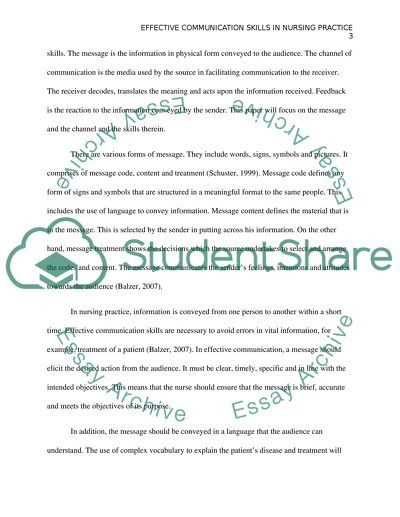Cite this document
(“Effective Communication Skills Essay Example | Topics and Well Written Essays - 1500 words”, n.d.)
Retrieved from https://studentshare.org/nursing/1458284-what-are-the-effective-communication-skills
Retrieved from https://studentshare.org/nursing/1458284-what-are-the-effective-communication-skills
(Effective Communication Skills Essay Example | Topics and Well Written Essays - 1500 Words)
https://studentshare.org/nursing/1458284-what-are-the-effective-communication-skills.
https://studentshare.org/nursing/1458284-what-are-the-effective-communication-skills.
“Effective Communication Skills Essay Example | Topics and Well Written Essays - 1500 Words”, n.d. https://studentshare.org/nursing/1458284-what-are-the-effective-communication-skills.


